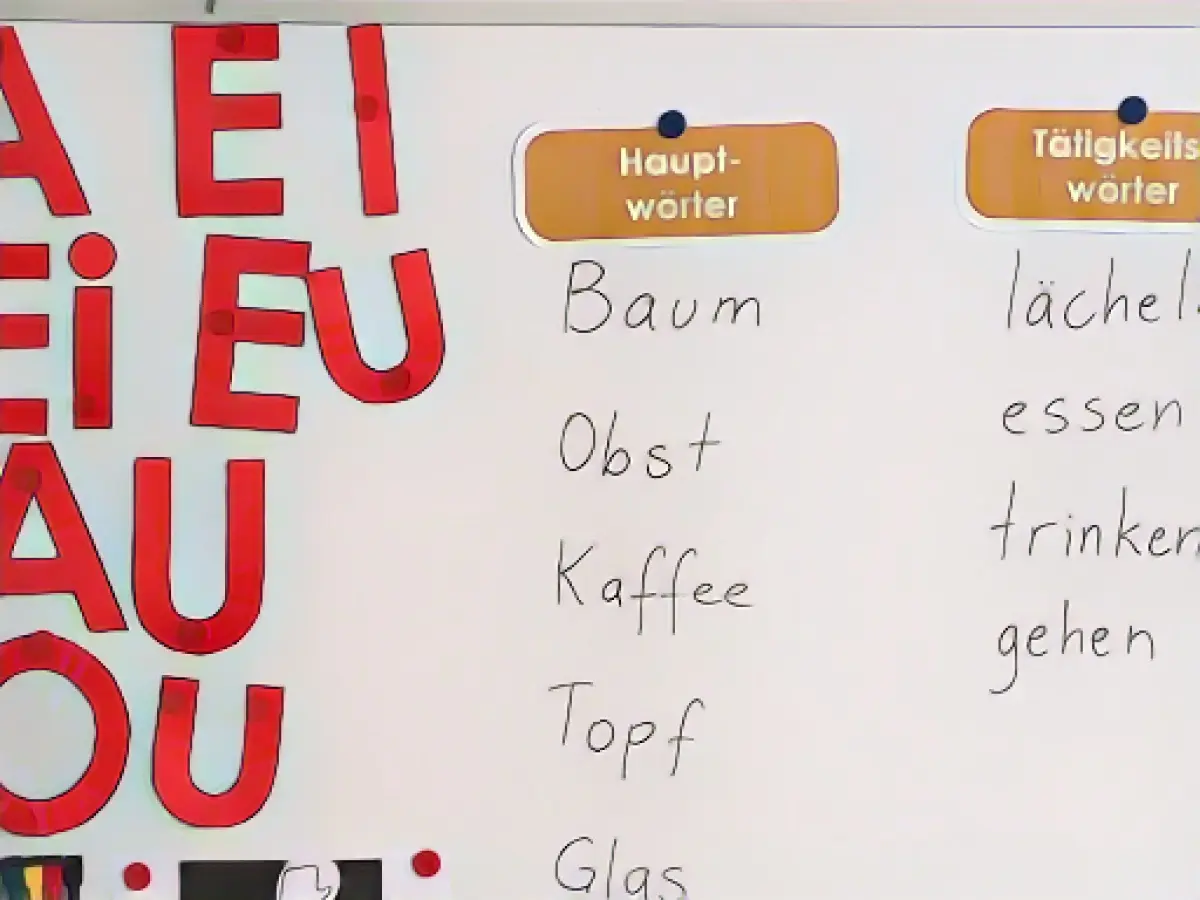Struggling with Digital Life as a Literacy Challenged Individual
In the digital age, lacking literacy skills can significantly complicate everyday life. The surge in using digital media, especially during the pandemic, brings challenges to those with little or no reading and writing abilities. Fabian Walpuski, from the Thuringian Adult Education Association, remarks, "From online registrations to online banking, people with limited literacy now face additional obstacles."
The coronavirus lockdowns have particularly affected disadvantaged groups, with courses discontinued or interrupted. Financing digital devices and reliable internet access is also harder for those from low-income families. In Germany, around 6.2 million people struggle with inadequate reading and writing abilities, according to the Adult Education Association. In Thuringia, approximately 12% of working-age adults have insufficient literacy skills .
Addressing this issue has proven difficult, with low participation in literacy courses for years. Nationwide, only 0.7% of those affected utilize these programs annually. Patience and small group sessions are key to establishing successful literacy measures. The work, however, is often associated with shame, necessitating discretion in addressing affected individuals .
Compulsory school attendance does not necessarily reflect individual learning levels. In 2021, around 47,500 young people still failed to complete the lowest level of schooling in Germany. Causes range from school-related issues, family circumstances, or individual factors, such as language delays or hearing and visual impairments .
For instance, practical learning opportunities and personal references are crucial for successful learning. However, the school system, unchanged for decades, may struggle to meet these conditions. Staff development and training along with funding, not just for a year but with long-term commitment and flexible opportunities, are crucial for offering better, creative courses .
Germany boasts several incentives to motivate individuals with reading and writing difficulties to continue learning. For example, the Thuringian Alliance for Literacy and Basic Education works on activities such as radio spots, online videos, and the Alpha-Mobil, which offers mobile classes and learners' newspapers. Family and friends can also provide encouragement, while reading cafés can prove helpful, especially when led by social counseling service employees .
Moreover, strategies that focus on targeted educational initiatives, inclusive and accessible education, teacher development, and awareness building can help improve literacy skills and digital literacy among illiterate individuals. Ultimately, these steps can help them take on the challenges posed by digitalization and enjoy full participation in the digital world .
Footnotes
: www.dpa.com
: Relevant insights from enrichment data collected but not directly included in the rewritten article.
: Edited and integrated insights from enrichment data (selectively using valuable insights to maintain readability while minimizing repetition)
Sources:
- :
- : Relevant insights from enrichment data
- : Integrated insights from enrichment data, merged with base article to maintain coherence, flow, and vitality








